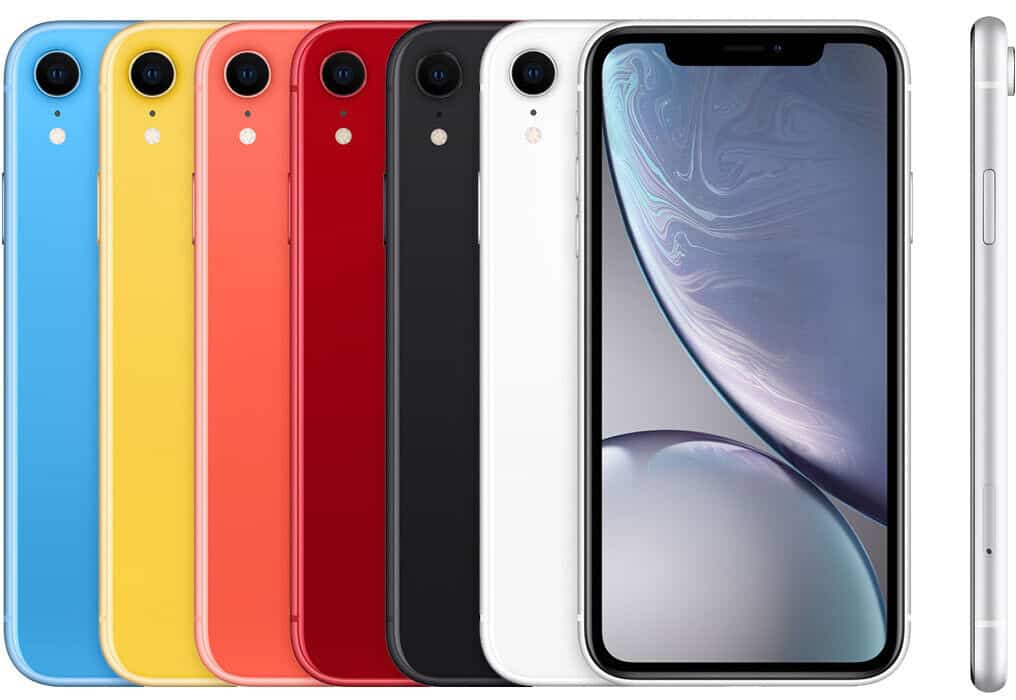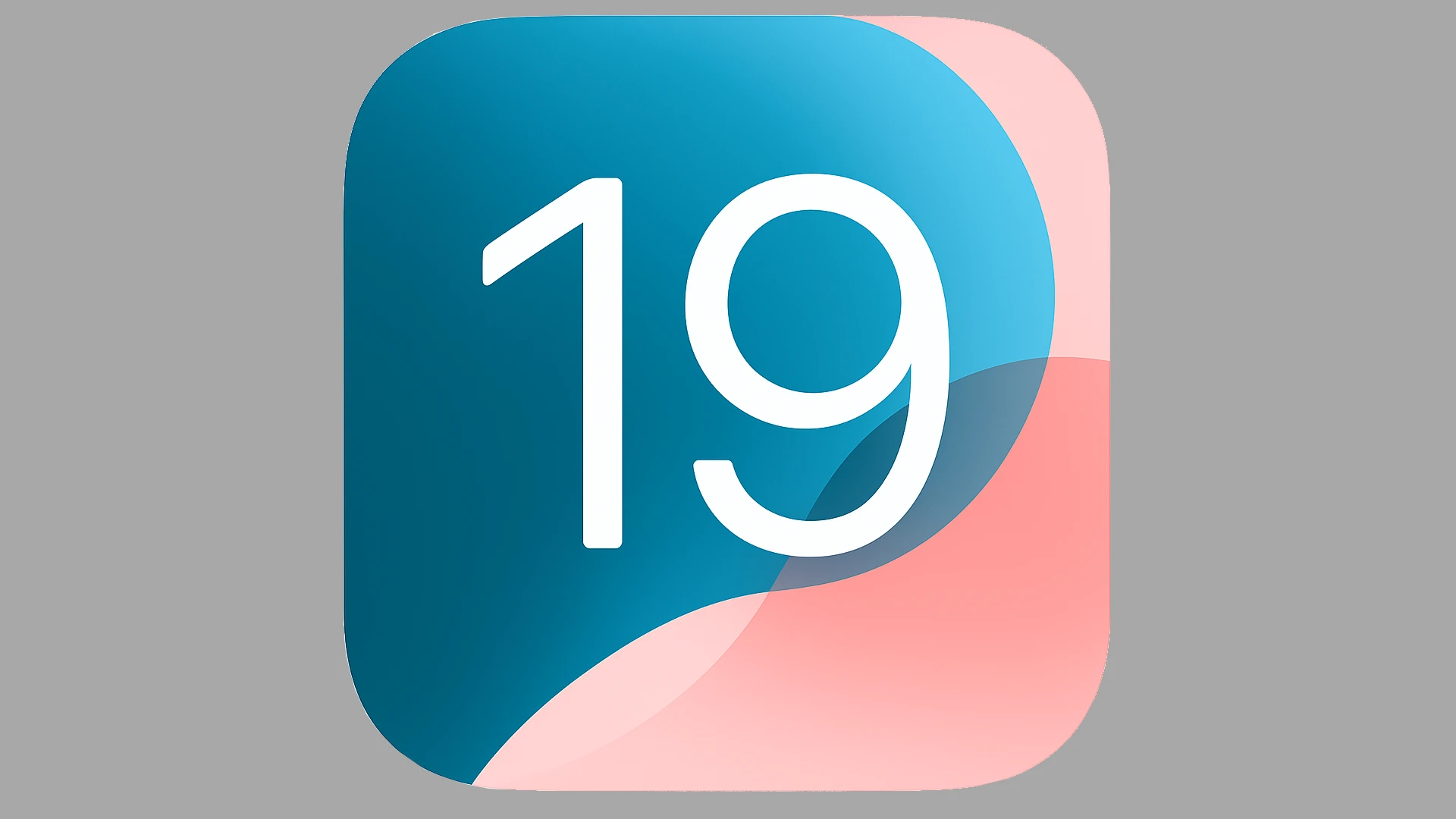Apple is reportedly planning to drop support for several older iPhone models with the upcoming iOS 19 update. The iPhone XR, iPhone XS, and iPhone XS Max – all devices featuring the A12 Bionic chip – will likely no longer receive iOS updates when iOS 19 releases later this year. This news comes from multiple sources suggesting Apple is moving forward with its typical pattern of phasing out support for older devices as newer operating systems require more advanced hardware capabilities.
These three models were released in 2018 and have received consistent software support for nearly seven years. Users of these devices will need to consider upgrading to newer iPhone models if they want to access the latest features and security improvements coming in iOS 19. While these phones will continue to function after iOS 19’s release, they won’t receive new features or important security patches going forward.
Apple’s Next iOS Update May Drop Support for 2018 iPhones
If you’re still using an iPhone XR, XS, or XS Max, iOS 19 might be where the road ends. According to multiple credible sources, Apple is expected to cut off support for these 2018-era devices with the release of iOS 19 later this year. This marks the first time since iOS 16 that Apple will leave a set of iPhones behind—and it’s a move that’s both expected and frustrating for users still holding onto these capable devices.

The Devices on the Chopping Block
Here’s a quick breakdown of the iPhones rumored to lose support and what that could mean for users:
| Device | Release Year | Current iOS Support | Expected Final Version |
|---|---|---|---|
| iPhone XR | 2018 | iOS 18 | iOS 18 |
| iPhone XS | 2018 | iOS 18 | iOS 18 |
| iPhone XS Max | 2018 | iOS 18 | iOS 18 |
These models are powered by Apple’s A12 Bionic chip—an impressive processor for its time, but now approaching the end of Apple’s typical 5–6 year software support window.
Why These iPhones Are Being Dropped
There are a few key reasons why Apple might be ending support for these phones:
- A12 Bionic Aging Out: The A12 chip, though once cutting-edge, now lags behind the machine learning and AI features expected to be core to iOS 19.
- iOS 19 Could Be AI-Heavy: With rumors suggesting Apple is going all-in on generative AI and on-device intelligence in iOS 19, older chips may simply not be up to the task.
- Developer Streamlining: Cutting off support reduces fragmentation and testing complexity for Apple and third-party developers alike.

What This Means for You
If you’re still using one of these models, you’re not alone—millions still rely on the XR and XS family. While you won’t be completely left out in the cold, there are tradeoffs:
You’ll still get:
- Security patches for a while (typically 1–2 more years)
- Continued app support (most developers support back to iOS 16 or 17)
- A stable and functional phone
But you’ll miss out on:
- New iOS 19 features (especially AI and Siri enhancements)
- Compatibility with upcoming apps designed exclusively for newer iOS versions
- Performance optimizations and system-wide improvements
Devices Likely to Get iOS 19
Here’s a rundown of iPhones that are expected to be compatible with iOS 19:
| Supported iPhones (Rumored) | Chipset |
|---|---|
| iPhone SE (2nd & 3rd gen) | A13 / A15 Bionic |
| iPhone 11 / 11 Pro / 11 Pro Max | A13 Bionic |
| iPhone 12 series | A14 Bionic |
| iPhone 13 series | A15 Bionic |
| iPhone 14 series | A15 / A16 Bionic |
| iPhone 15 series | A16 / A17 Pro |
| iPhone 16 series | A18 / A18 Pro |
This would create a new minimum system requirement: A13 Bionic or newer, making iPhone 11 the new baseline for future iOS updates.
Should You Upgrade?
If your XR or XS is still working fine, you don’t need to rush to upgrade. But if you’re someone who values long-term software support and access to the latest features, moving up to an iPhone 13 or newer would future-proof your experience for at least a few more years.
iOS 19 is expected to be revealed at WWDC in June, and that’s when we’ll get official confirmation on device compatibility. But until then, if you’re on an iPhone from 2018, it might be time to start looking at what’s next.
Key Takeaways
- The iPhone XR, iPhone XS, and iPhone XS Max will likely lose support with iOS 19’s release in 2025.
- These A12 Bionic-powered devices from 2018 will have received approximately seven years of software updates from Apple.
- Affected users should consider upgrading their devices to maintain access to new features and security improvements.
iOS 19 Compatibility Overview
Apple typically supports iPhones for about six to seven years with major iOS updates. Based on recent information, iOS 19 will mark the end of support for several older iPhone models as Apple continues its pattern of dropping support for devices with older processors.
Supported Devices
iOS 19 is expected to be compatible with these iPhone models:
- iPhone 11 series (11, 11 Pro, 11 Pro Max)
- iPhone 12 series (12, 12 mini, 12 Pro, 12 Pro Max)
- iPhone 13 series (13, 13 mini, 13 Pro, 13 Pro Max)
- iPhone 14 series (14, 14 Plus, 14 Pro, 14 Pro Max)
- iPhone 15 series (15, 15 Plus, 15 Pro, 15 Pro Max)
- iPhone 16 series (16, 16 Plus, 16 Pro, 16 Pro Max)
- iPhone SE (2nd generation and later)
Notably absent from this list are the iPhone XR, iPhone XS, and iPhone XS Max – all released in 2018. These devices will not receive the iOS 19 update when it arrives in September 2025.
Factors Influencing Support Decisions
The primary reason for dropping support for older devices is processor capability. The iPhone XR, XS, and XS Max all use the A12 Bionic chip, which appears to be the cutoff point for iOS 19 compatibility.
Hardware limitations affect how well newer software can run. Modern iOS features often require more processing power, RAM, and graphics capabilities than older devices can provide.
Apple’s support cycle typically follows a pattern. Recent iPhones have enjoyed about 6-7 years of major iOS updates before being phased out.
Battery performance is another consideration. Newer iOS versions can strain aging batteries in older devices, leading to reduced daily runtime and potential performance throttling.
Impacts of iOS 19 Exclusion
When devices lose support for the latest iOS version, owners face significant consequences affecting both device security and value. These impacts will become reality for iPhone XR, XS, and XS Max users if the rumors about iOS 19 compatibility prove true.
Software Performance and Security Risks
iPhone XR, XS, and XS Max owners will no longer receive critical security patches once iOS 19 launches. This creates vulnerability to new exploits and malware that Apple patches in supported devices. While these phones will continue functioning, they’ll gradually become less secure over time.
Apple typically provides some limited security updates for unsupported devices, but these aren’t comprehensive. The A12 Bionic chip in these models, while powerful when released, will be considered outdated by Apple’s standards.
Users will also miss new features and performance improvements included in iOS 19. Apps may eventually drop support for older iOS versions, creating compatibility issues for everyday applications.
Market Valuation and Resale Prospects
The resale value of iPhone XR, XS, and XS Max models will likely decrease significantly once iOS 19 launches. Used phone buyers typically prefer devices with continued software support.
Current Estimated Value Loss:
- iPhone XR: 15-25% reduction
- iPhone XS: 20-30% reduction
- iPhone XS Max: 20-30% reduction
Trade-in programs through carriers and retailers also offer substantially less for devices without current iOS support. This creates a decision point for current owners: upgrade soon or accept diminishing returns later.
The timing matches Apple’s typical 6-7 year support window, as these models were released in 2018. For budget-conscious consumers, this predictable cutoff helps plan upgrade cycles.
Anticipated Features of iOS 19
iOS 19 is expected to bring significant upgrades focused on AI capabilities and user interface improvements. While older devices like the iPhone XR and XS series may miss out, newer compatible devices will benefit from these advanced features.
AI Enhancements and Apple Intelligence
Apple Intelligence is anticipated to be the centerpiece of iOS 19, bringing advanced AI features to compatible iPhones. These capabilities will likely include enhanced Siri functionality with more natural conversation abilities and improved contextual awareness.
The update may introduce smart photo organization that can identify and categorize images based on content, people, and locations. Text prediction and generation across apps could become more accurate and personalized to individual writing styles.
Apple is also expected to implement on-device processing for most AI tasks, prioritizing user privacy while still delivering powerful features. This approach differs from competitors who often rely on cloud processing.
Real-time language translation might see improvements, potentially working offline for common languages. The system could also offer proactive suggestions based on user habits and daily routines.
Interface and Usability Improvements
iOS 19 will likely feature a visual redesign, bringing a refreshed look to the iPhone interface. The Control Center might be customizable with more options and a cleaner layout for better usability.
Notifications could become more intelligent, with priority-based sorting and the ability to group related alerts more effectively. Apple may also introduce new widget options with increased interactivity and functionality.
Dark mode improvements might include scheduled transitions based on sunset times and better integration across all system apps. Battery management tools could become more detailed, offering insights into which apps consume the most power.
The Settings app might receive a reorganization to make finding specific options easier. Multitasking capabilities could be enhanced with new gestures and split-screen options, especially for larger iPhone models.
Advice for Users of Discontinued Models
If iOS 19 does drop support for iPhone XR, XS, and XS Max models as rumored, owners will face important decisions about their devices. Security updates and new features will no longer be available, requiring careful consideration of upgrade options or alternative ways to extend device lifespan.
Upgrade Recommendations
Users of iPhone XR, XS, and XS Max models should consider upgrading to newer devices that will receive iOS 19 support. The iPhone 15 series offers significant improvements in performance, camera capabilities, and battery life compared to these 2018 models and the iPhone 16 series is the current latest lineup if you want to spend the extra money to get the best of the best hardware.
For the best long-term value, the iPhone 15 Pro provides advanced features and will likely receive software updates for several more years. Budget-conscious users might consider the standard iPhone 15 or the iPhone SE (2022), which offers modern internals at a lower price point.
Those wanting the absolute latest should opt for the iPhone 16 series, which launched in September 2024. This would provide the longest possible software support timeline.
When upgrading, Apple’s trade-in program can reduce costs by offering credit for older devices, though values for XR/XS models will be modest.
Alternative Support Options
Continuing to use an iPhone XR, XS, or XS Max after iOS support ends remains possible with some considerations. These devices will continue to function but won’t receive security patches, making them potentially vulnerable to new exploits.
Users can extend their device usefulness through these approaches:
- Install the final iOS version available (likely iOS 18.x) before support ends
- Use only well-established, regularly updated apps
- Be extra cautious with sensitive activities like banking
- Consider third-party security apps where available
Apple Support will still service hardware issues for these models as they remain within the “vintage” period (5-7 years from discontinuation). Battery replacements, screen repairs, and other hardware services will continue to be available through Apple and authorized providers.
For those attached to their devices, setting stricter privacy controls and limiting network exposure can help mitigate security risks while extending the usable life of these otherwise capable phones.
Frequently Asked Questions
Users of iPhone XR, XS, and XS Max have many questions about the future of their devices as iOS 19 approaches. These concerns center around update timelines, security patches, and official announcements from Apple regarding device support.
What is the last supported iOS version for iPhone XR?
Based on current information, iOS 18 will likely be the last major supported update for the iPhone XR. The device launched with iOS 12 in 2018 and has received consistent updates over the years.
This six-year support cycle aligns with Apple’s typical pattern for iPhone software support. The A12 Bionic chip in the iPhone XR appears to be the cutoff point for iOS 19 compatibility.
Until when can users expect Apple to provide updates for iPhone XS?
Apple typically provides security updates for approximately two years after a device stops receiving major iOS versions. For the iPhone XS, this suggests security updates might continue until around 2027.
While major feature updates would end with iOS 18, critical security patches would still be delivered. This extended security support helps protect users who continue using older devices.
Are iPhone XS and XS Max included in the list of devices compatible with iOS 19?
According to recent leaks from reliable sources, neither the iPhone XS nor XS Max will be compatible with iOS 19. Both devices use the A12 Bionic processor, which appears to be below the minimum requirements for the new operating system.
This information contradicts some earlier rumors that suggested these models might receive one more year of updates. The final compatibility list will be confirmed when Apple officially announces iOS 19.
What is the anticipated end-of-life date for software updates on the iPhone XS Max?
The iPhone XS Max will likely receive its final major iOS update when iOS 18 is released in fall 2024. Security updates may continue for approximately two years afterward, potentially until 2026-2027.
The device has already enjoyed nearly seven years of software support since its release in September 2018. This longevity exceeds many competing smartphones in the market.
Has Apple officially announced the discontinuation of support for the iPhone XR with iOS 19?
Apple has not yet made any official announcements regarding iOS 19 device compatibility. The information about iPhone XR losing support comes from leaks and industry rumors.
Apple typically announces its new iOS version and device compatibility list during the annual Worldwide Developers Conference (WWDC) held in June. Official confirmation should come during WWDC 2025.
Will the discontinuation of iOS 19 support for older iPhone models include security updates?
Even after major iOS updates end, Apple generally continues to provide critical security updates for older iPhones. Users of iPhone XR, XS, and XS Max can expect to receive these important security patches for approximately two years after iOS 18.
These security updates help protect against newly discovered vulnerabilities without adding new features. This approach allows Apple to maintain basic security for older devices while focusing development resources on newer models.







